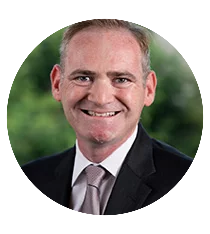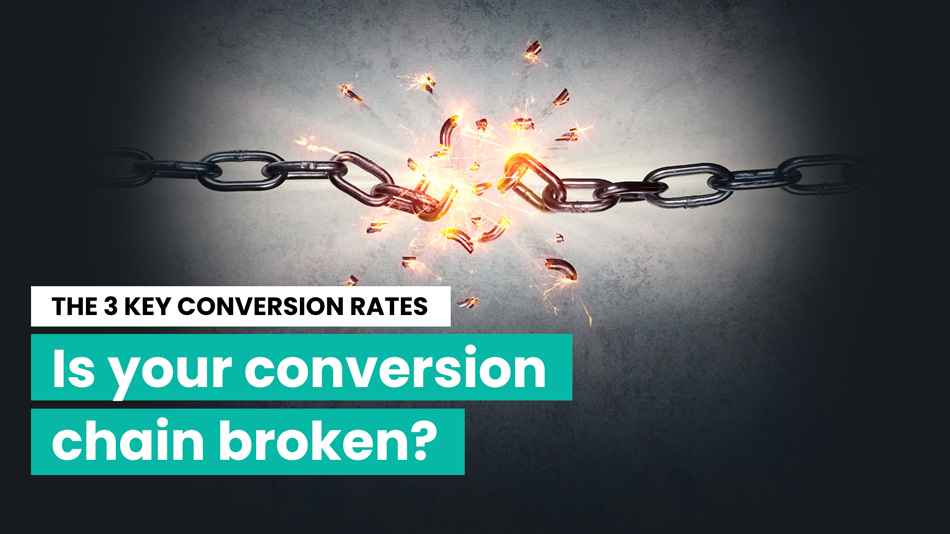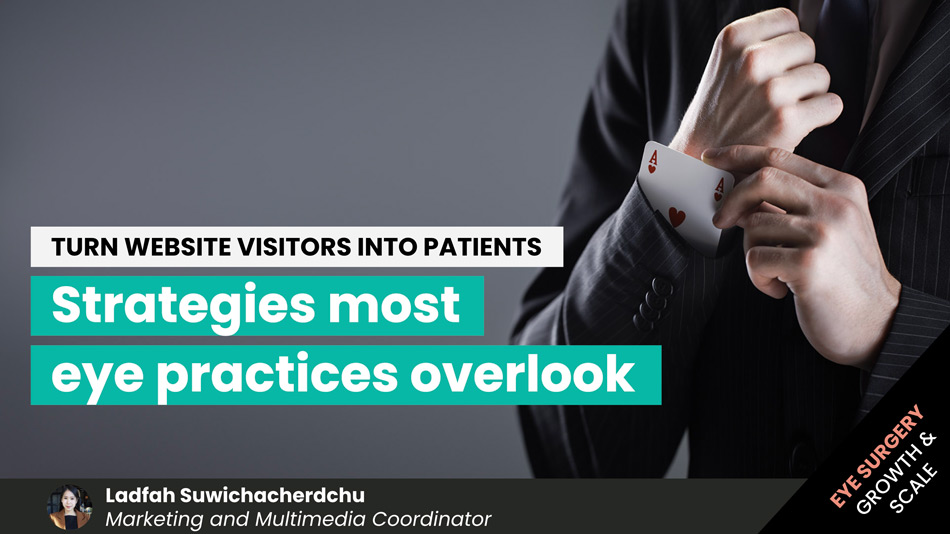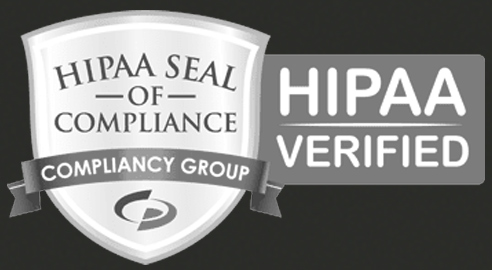How do I overcome the unsettling feeling I have about money-talk, boasting, or talking up my company?
A few weeks ago we polled you with a single question:
As a non-salesperson, you still have to sell your services. What, if anything, makes you anxious about selling?”
If you haven’t answered the poll, you can do it now by using the pop-up appearing below. We’ll be providing our take on how non-salespeople can address some of these common anxieties about selling so you can start moving down the path towards becoming what we call a “sales hero” – this is a non-salesperson who has the knowledge, confidence and skills they need to get the sales job done well.
Today’s sales anxiety is here:
| “The whole idea of talking myself up and convincing someone else that I am worthy is just unsettling.” |
My take on the question of worth, boasting and discomfort:
At first, I considered this anxiety as psychological. After all, doubts about self-worth tend to relate to self-esteem. After some consideration, however, I couldn’t help but think about how common the above sentiment is in the UK. To feel one is “talking myself up” is often said to be “unsettling”. So, whilst this particular anxiety might not have come from an English respondent (responses are anonymised so it’s hard to know), I would expect that it was.
I fear that the usual psychological introspection wouldn’t get us far in this instance because – to paraphrase well-known American directness: “it’s the culture, stupid!”
When I first came to England over 11 years ago, I was surprised to be immersed by what English anthropologist Kate Fox, author of “Watching the English,” called “a sort of offhand, dispassionate, detached manner – always giving the impression… of being rather underwhelmed by the whole (work) thing, including themselves and the product they were trying to sell…”
Fox continues:”This impassive, undemonstrative demeanour seems to be normal practice across all trades and professionals, from jobbing builders to high-price barristers. It is not done to care too much, however desperate one may in fact be to close the deal; this would be undignified.”
According to anthropologists, every culture prescribes a set of unwritten rules that guides its members behaviour. A particularly English rule, is the “modesty rule” which prescribes the appearance of modesty (regardless of how naturally arrogant one may actually be) whilst forbidding the appearance of boasting.
The fact that these rules and proscriptions tend to be at odds with modern business practices does little to change them, because cultural rules are deeply embedded in the very nature of what it means to be who one is – in this case, English.
Cultural rules are even more pervasive in the more conservative corners of the English business world, specifically among the “professions” – doctors, lawyers, accountants and other titled worthies. Whilst it is possible for some English professionals to “blow-their-own-trumpet” if they must, meaning they put on displays of moderate enthusiasm for products and services, the anti-boasting and anti-earnestness rules means that many English professionals find this unseemly or embarrassing.
In its place, we find a swamp of reserved understatement, false modesty, and a tendency to not “big-up” anything lest we be accused of boasting about ourselves or the wares we are hawking.
They say that when in Rome we should do as Romans do. To work with this culturally encouraged hesitancy to sell at sales meetings, our sales process capitalises on upon the “polite procrastination” rule by asking our sales trainees to use what we call a “warm-up”. Fox explains that this ritual works wells as it “allows us to sidestep the no-name rule and the handshake dilemma”; two other particularly English anxieties regarding privacy and over-familiarity, and “that’s pretty much where the reassuring formality ends and the potential for embarrassment begins.”
The polite procrastination ritual prescribes that English people must talk at first about anything other than the matter at hand (because it would be rude to get down to business too hastily), so instead they pretend that a sales meeting is really a friendly social gathering. A time where they can discuss the weather, ask about journeys, indulge in the obligatory moan about transport, share self-deprecating comments on one’s hopeless navigation skills, and of course take part in the unending fuss over teas and coffees.
During sales interviews, the privacy rules make it difficult for the English to ask probing questions, lest they be accused of being “nosey-parkers”. Unfortunately, this limits one’s ability to detect needs, let alone wants, providing for very little to go on in order to make one’s “pitch”.
And when the pitch comes, it is delivered with awkward reserve, mainly focusing on the details of the product or service and the process in which it can be delivered, including all the practical details that are necessary for its successful adoption, but not really tackling the important topic of money…
Beyond well-known cultural norms and mores, virtually all cultures have taboos. Taboos are “a vehement prohibition of an action based on the belief that such behaviour is either too sacred or too accursed for ordinary individuals to undertake, under threat of supernatural punishment.” Universal taboos include such sordid subjects as incest, cannibalism, bestiality, and the desecration of graves. And then we have England. Here, “money-talk” is taboo.
And this is the main place where worth and value get stuck. The business world obviously requires the English to talk about money, and they will. But it is at best uncomfortably delivered in over-polite, apologetic, or prickly and defensive tones, or at worst a brash, blustering, forthright, even aggressive manner that can be seen as flustered or hurried.
A typical solution is to take money out of the discussion entirely, and instead put it down on paper to apologetically hand to the would-be customer, or even better, send it in the post after they’ve left, so that the expressions on their faces when they see the fees are as remotely distant as possible.
The roots of these cultural rules are deep, and Fox dives into where they comes from, including an extended discussion on class (which pervades nearly everything in English society). It’s well worth reading.
The solution? Like with most cultural norms, these rules, mores and taboos are very difficult to shake. Fox completes her treatment of the money-talk taboo with this insight:
“Not that I’m putting the English money-talk taboo on a par with female circumcision: I’m just saying that sometimes anthropologists should come clean and acknowledge that a particular native belief or practice is pretty bloody weird, and perhaps not entirely in the natives’ own best interest. At least in this case I can’t be accused of being ethnocentric or colonial or patronising… as the daft taboo I am denigrating is an unwritten rule of my own native culture, and one that I blindly and slavishly obey.”
Awareness of the cultural norms we may be slaves to is a start to overcoming the limitations they place on us. We’ll be discussing ways to side-step these cultural chains in future posts.
Related Posts
Meet our Co-Founders
We’re passionate about helping leaders of high-quality, growth-minded practice owners double their practice revenue

Rod Solar
Founder & Scalable Business Advisor
For over 20 years, I’ve helped ophthalmology entrepreneurs scale their private practices. I specialise in doubling revenue within three years by offering a proven framework, hands-on experience, and a team of experts who implement what works. We take the guesswork out of growth and scale, so you can focus on delivering exceptional patient care while maximising the value of your business.
LiveseySolar completely transformed the way we were approaching this… We’ve gone from having just the dream of having a practice to having a practice up and running with people making inquiries and booking for procedures… It’s extremely pleasing. We feel lucky we connected with LiveseySolar.
— Dr Matthew Russell, MBChB, FRANZCO, specialist ophthalmic surgeon and founder of VSON and OKKO

Laura Livesey
Founder & CEO
I’m the co-founder & CEO of LiveseySolar. I’ve developed powerful eye surgery marketing systems that increase patient volumes and profits for doctors, clinics, and hospitals, since 1997.
Rod and Laura know as much about marketing surgery to patients as I know about performing it. They are an expert in the field of laser eye surgery marketing. They know this industry inside out. I believe that they could help many companies in a variety of areas including marketing materials, sales training and marketing support for doctors.
— Prof. Dan Reinstein, MD MA FRSC DABO, founder of the London Vision Clinic, UK











